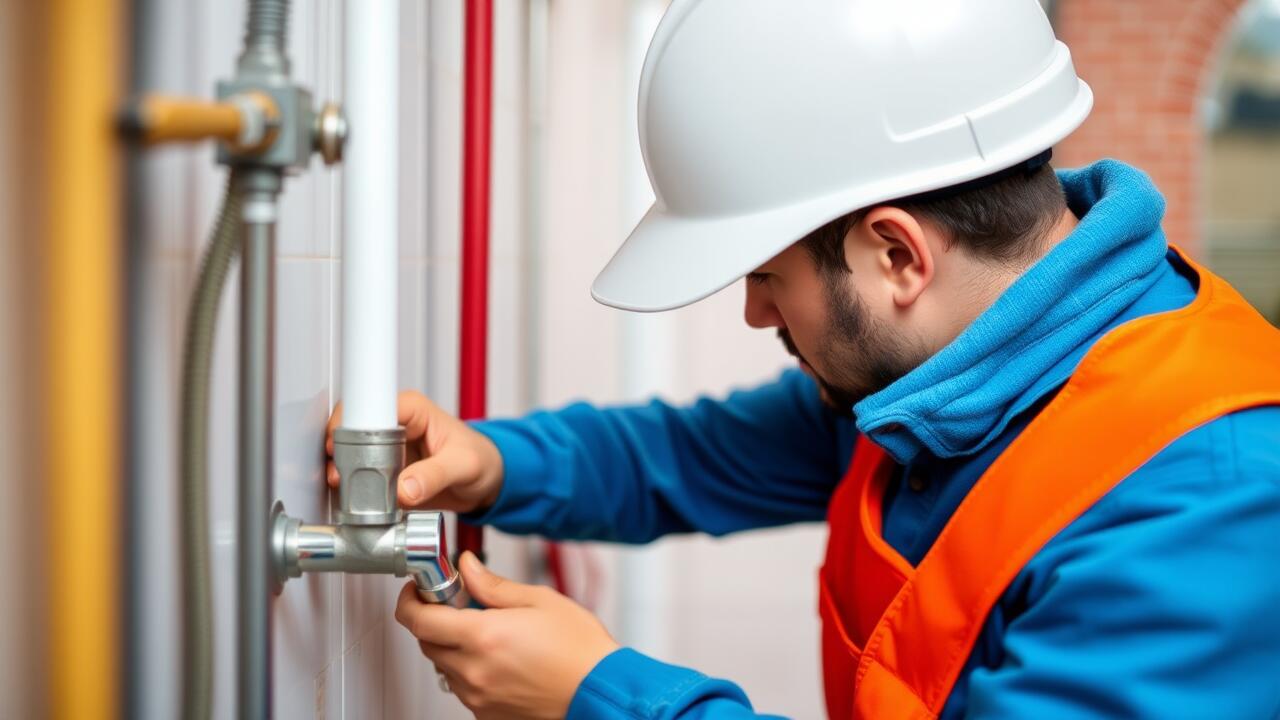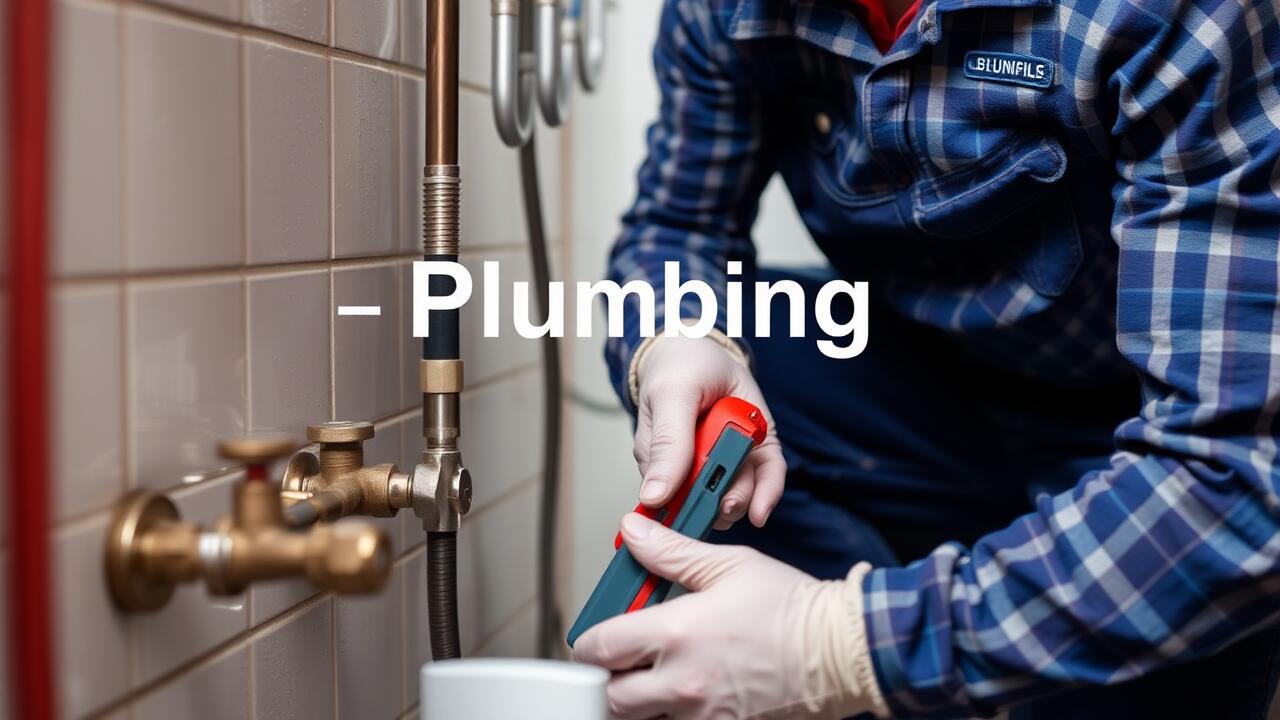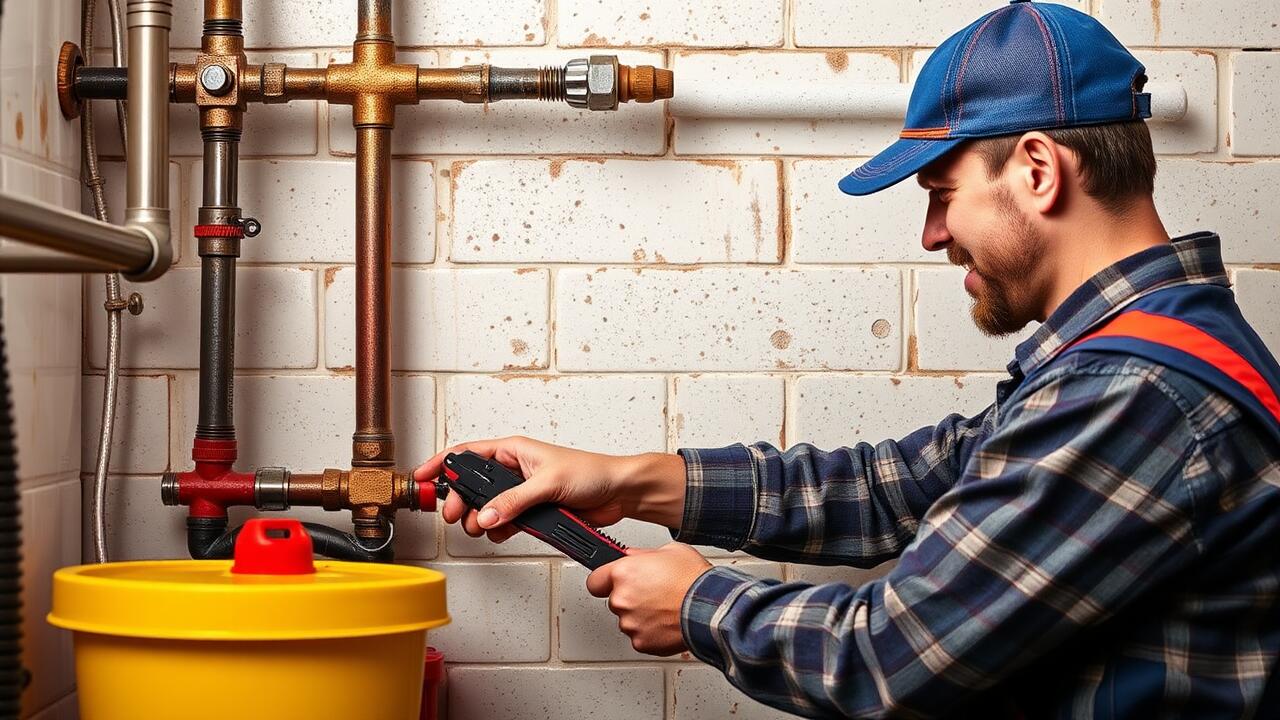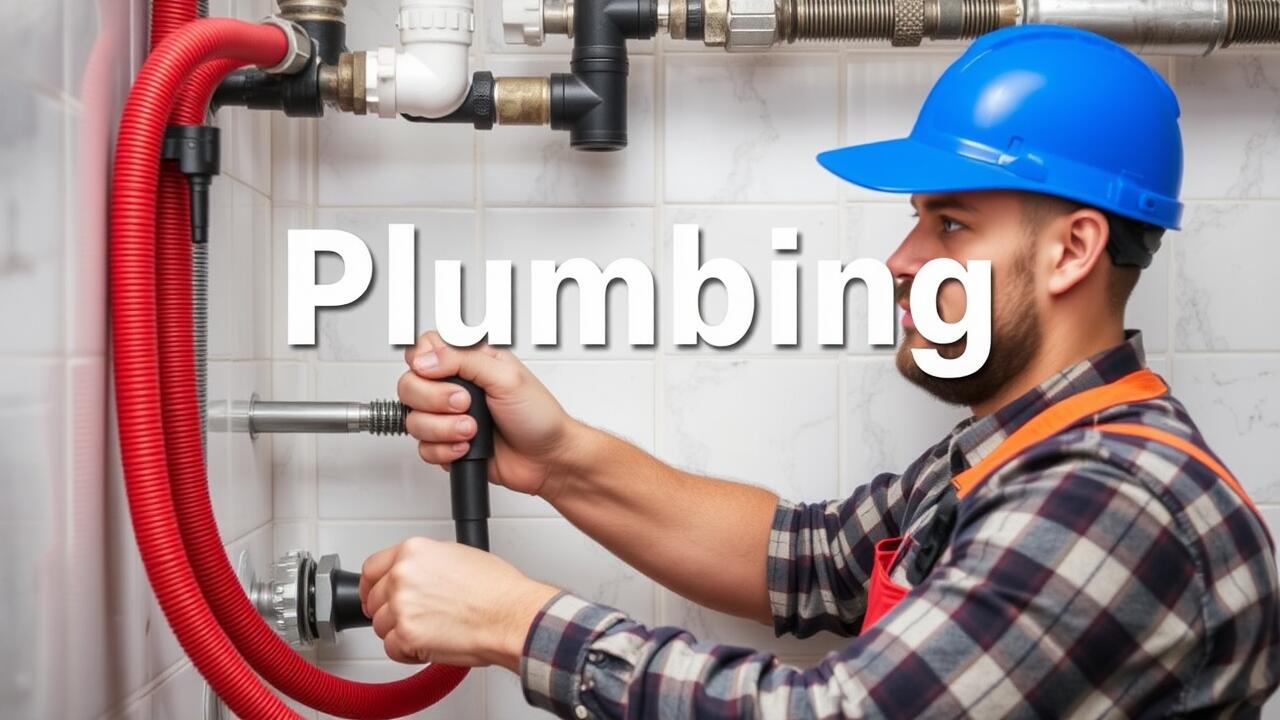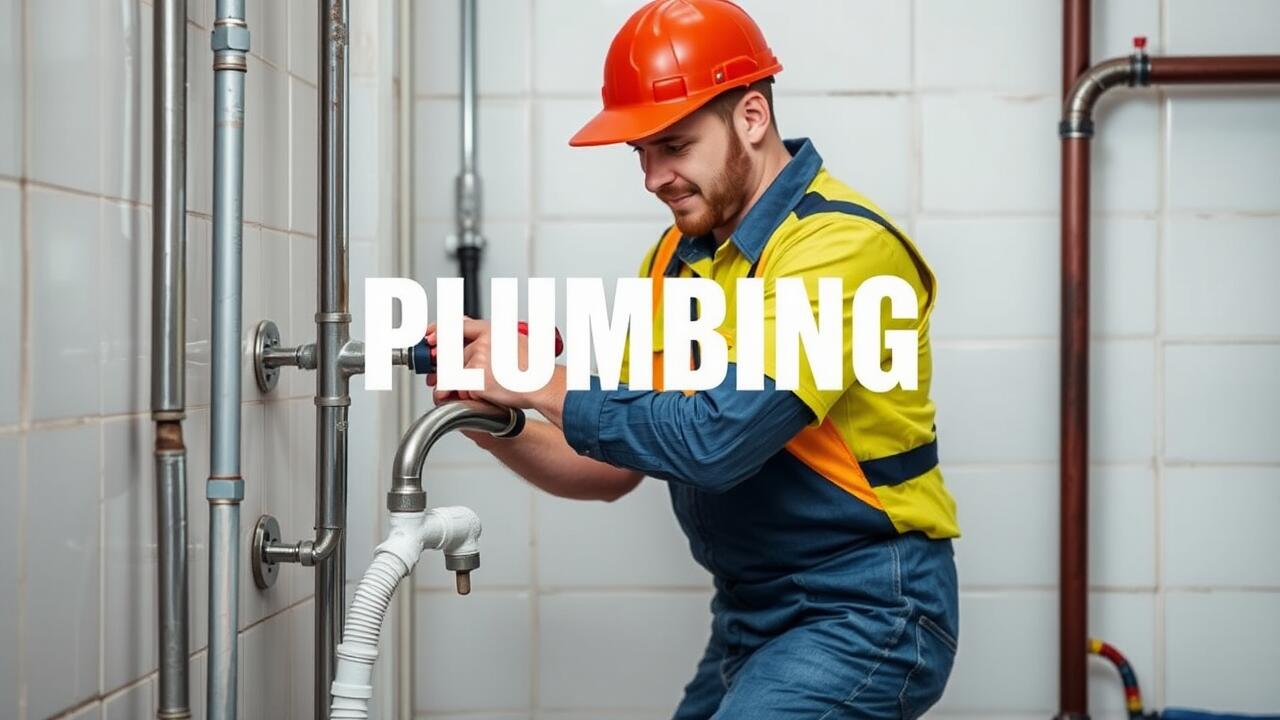
The Role of Public Water Systems
Public water systems play a crucial role in delivering safe and clean drinking water to communities. These systems are designed to treat and distribute water from various sources, which can include rivers, lakes, or underground aquifers. They are maintained by local authorities who are responsible for ensuring adherence to federal and state water quality standards. These regulations help prevent contamination and protect public health.
In areas like Hollywood, Los Angeles, plumbing infrastructure is essential for distributing treated water to homes and businesses. Aging pipelines and outdated treatment facilities can pose risks if not regularly updated. Homeowners should be aware of the condition of their local water systems and the potential implications for their own water quality. Regular testing can help identify any issues that may arise from these public systems.
How Public Infrastructure Affects Homeowners
Public infrastructure plays a crucial role in the overall water quality that homeowners experience. Well-maintained systems and reliable sources can ensure access to clean water, directly impacting the daily lives of residents. In areas where the infrastructure is outdated or poorly managed, residents might face higher risks of water contamination. This situation can lead to health problems and increase the need for homeowners to conduct frequent water testing to identify potential issues.
In urban settings, such as Venice, Los Angeles, plumbing systems are often under strain due to increased population density. Aging pipes and infrastructures can lead to the leaching of harmful substances into the water supply. Homeowners in these areas should be particularly vigilant. Ensuring that their plumbing systems are up to date and understanding the limitations of public water systems can help mitigate risks associated with water quality. Regular testing becomes essential to safeguard health and ensure families are consuming safe water.
Sources of Water Contamination
Water contamination can stem from various sources, impacting the quality of drinking water in homes. Agricultural runoff is a significant contributor, carrying pesticides, fertilizers, and waste into nearby water bodies. Industrial activities often introduce harmful chemicals and heavy metals into the water supply. Homeowners in urban areas like Hollywood, Los Angeles, may also face risks from deteriorating infrastructure, as aging pipes can leach contaminants into the water system.
In addition to external factors, household plumbing systems can be a source of contamination. Old pipes, particularly those made of lead or galvanized steel, can corrode over time, releasing harmful substances. Improperly maintained septic systems can leak bacteria and nutrients, leading to local water pollution. To safeguard their health and maintain the integrity of their water supply, homeowners must remain vigilant about these potential threats and consider regular testing as a proactive approach.
Identifying Risks in Your Environment
Homeowners often face various environmental risks that can impact water quality. These risks may arise from both natural and human-made sources. For instance, nearby industrial activities, agricultural runoff, and aging plumbing infrastructure in areas like Hollywood, Los Angeles can contribute to the contamination of local water supplies. Understanding these potential hazards is essential for maintaining safe drinking water at home.
Additionally, local geology plays a significant role in water quality. Certain minerals in the soil can leach into groundwater, affecting the overall composition of the water. Homeowners should also be aware of seasonal changes that might influence contaminants in their area. Regular monitoring and awareness of the specific risks present in your neighborhood, especially in regions serviced by Hollywood, Los Angeles Plumbing systems, can guide better health and safety outcomes for families.
The Benefits of Regular Testing
Regular testing of water quality offers significant benefits for homeowners. It helps in detecting harmful contaminants that may compromise health and safety. By identifying issues early on, individuals can take corrective measures, ensuring that their water supply remains clean and safe for daily use. Proactive testing fosters peace of mind, knowing that the water consumed and used for cooking and bathing meets safety standards.
Moreover, consistent testing can lead to better maintenance of plumbing systems. When problems are found early, repairs can be made before they escalate into expensive issues. Homeowners in areas served by Hollywood, Los Angeles plumbing services can easily access testing resources and expert advice. This investment in water quality not only protects family health but can also enhance the longevity and efficiency of home plumbing systems.
Enhancing Health and Safety at Home
Regular water quality testing can significantly enhance health and safety for homeowners. Contaminated water can lead to a range of health issues, from gastrointestinal discomfort to long-term chronic diseases. Ensuring that tap water meets safety standards provides peace of mind for families, safeguarding against hidden pollutants that may not be apparent but can pose serious risks.
Professionals like Hollywood, Los Angeles Plumbing can aid in assessing both the quality of the water supply and the integrity of home plumbing systems. By identifying any potential contaminants early, homeowners can take necessary actions to purify their water. Regular testing ensures that water remains safe for consumption and daily use, promoting better overall well-being.
FAQS
Why is water quality testing important for homeowners?
Water quality testing is essential for homeowners to ensure that their drinking water is safe and free from contaminants that can affect health. It helps identify potential risks and ensures compliance with health guidelines.
How often should homeowners test their water?
Homeowners should test their water at least once a year. However, if there are changes in taste, smell, or color, or if there are known contamination sources nearby, testing should be conducted more frequently.
What are common sources of water contamination?
Common sources of water contamination include agricultural runoff, industrial discharges, sewage leaks, and natural contaminants such as heavy metals. Understanding these sources can help homeowners take preventive measures.
What contaminants should I test for in my water?
Homeowners should test for contaminants such as lead, nitrates, bacteria, chlorine, and volatile organic compounds (VOCs). The specific tests may vary based on the local water supply and environmental factors.
Can I perform water quality testing myself, or should I hire a professional?
Homeowners can perform some basic water quality tests using DIY kits available at hardware stores. However, for comprehensive testing and accurate results, it is advisable to hire a certified water testing laboratory.
